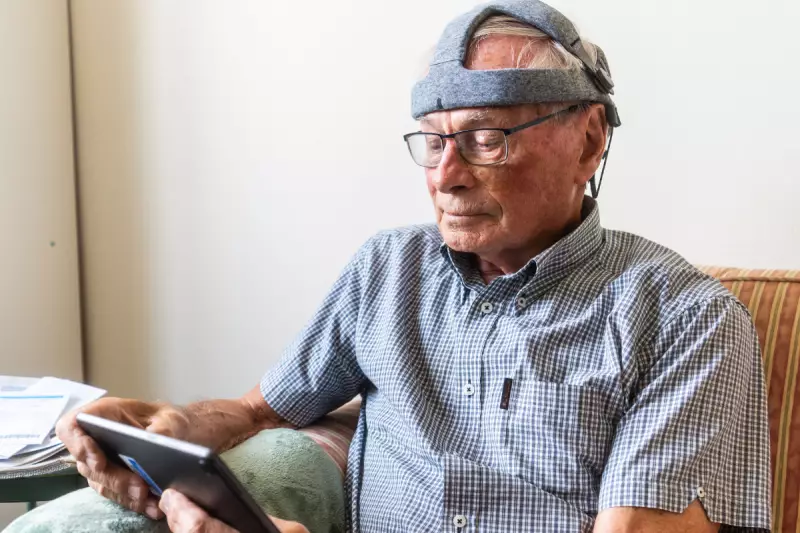
In a potential game-changer for dementia care, British scientists have developed a revolutionary 15-minute brainwave test that could detect Alzheimer's disease years before noticeable symptoms emerge. This breakthrough offers the tantalising prospect of early intervention when treatments are most likely to be effective.
The Science Behind the Breakthrough
Researchers from the University of Bath, in collaboration with experts from Bristol, Southampton, and London, have pioneered a non-invasive electroencephalogram (EEG) test that measures brain activity with remarkable precision. The test focuses on beta waves, specifically those in the 15-25Hz frequency range, which show distinct patterns in individuals with early-stage Alzheimer's.
The study revealed that participants with mild cognitive impairment (MCI) – often a precursor to Alzheimer's – exhibited significantly different brainwave responses when performing memory tasks compared to healthy individuals. This subtle distinction, invisible to standard cognitive tests, could become the earliest warning sign of neurodegenerative decline.
Why This Matters for UK Healthcare
Current diagnostic methods for Alzheimer's often rely on expensive PET scans or invasive lumbar punctures, typically only available after symptoms have become apparent. This new EEG approach is not only more accessible and affordable but could potentially be administered in routine GP visits.
"The early detection of Alzheimer's is the holy grail of dementia research," explained Professor George Stothart, the study's lead researcher. "By the time patients show measurable memory problems, considerable damage has already occurred. Our method could identify those at risk much earlier, opening crucial windows for intervention."
Looking Towards the Future
While further validation with larger studies is needed, the research team is optimistic about the technology's potential. They envision a future where at-risk individuals over 50 could undergo regular EEG screening as part of routine health check-ups, much like blood pressure monitoring.
This development comes at a critical time for the UK, where approximately 900,000 people are living with dementia – a number projected to rise to 1.6 million by 2040. Early detection could not only improve individual outcomes but significantly reduce the substantial economic burden on the NHS and social care systems.
The research represents a significant step forward in the global fight against dementia, offering hope that future generations might face Alzheimer's with better tools for early detection and more effective treatment options.





